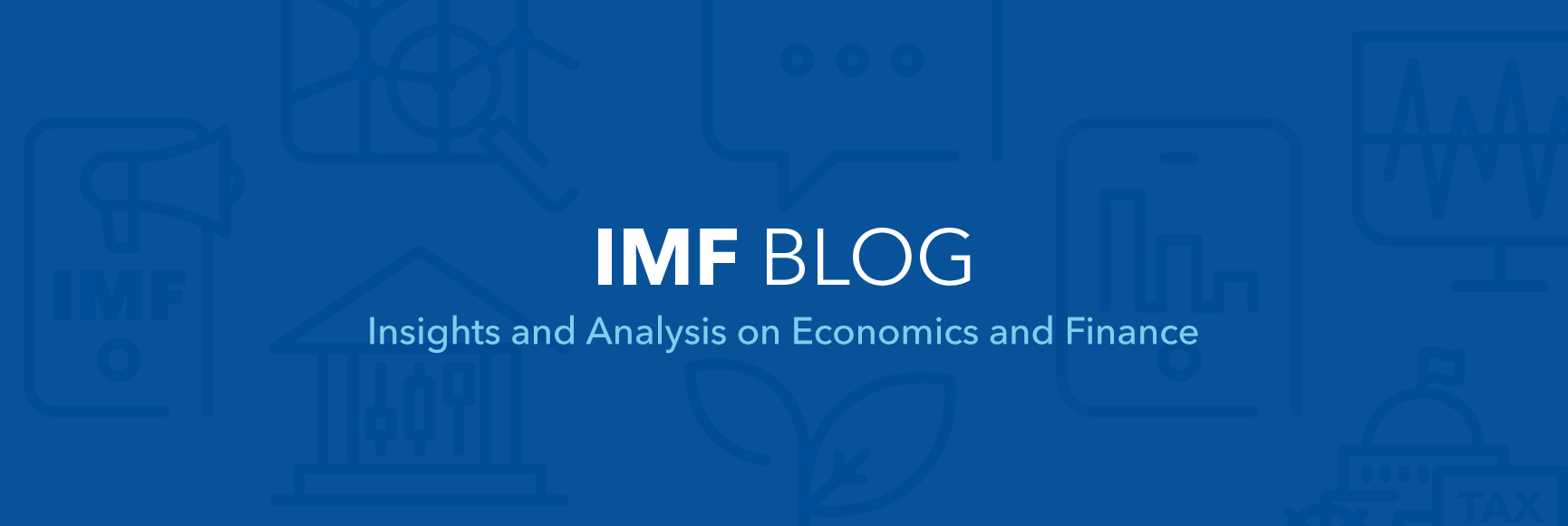An Op-ed first published in Handelsblatt Newspaper by Adrienne Cheasty and Mahmood Pradhan*
The euro area relies too much on monetary policy to stabilize the economy when hit by a shock. The recent crisis tested the limits of this overreliance. The European Central Bank (ECB) cut interest rates below zero and purchased large amounts of bonds, but growth took a long time to recover and inflation remains low. This suggests fiscal policy needs to play a bigger role in smoothing future economic shocks.
A central fiscal capacity at the euro area level would strengthen the ability to use fiscal policy, supplementing monetary policy, to help stabilize countries’ economies in a downturn. It could also prevent a repeat of the recent acute crisis, where countries raised taxes and cut spending due to limited fiscal space, exacerbating the downturn.
However, to be sustainable and acceptable, a central fiscal capacity should have strong conditions to address two legitimate concerns. First, it needs to overcome the risk that by promising support in bad times, governments would have fewer incentives for prudent fiscal policies. Second, it needs to prevent pooling risk across countries leading to permanent transfers from one set of countries to another.
We recently published a proposal for a central fiscal capacity that balances the need for better stabilization with strong safeguards to address these concerns.
In our proposal, countries save in good times by contributing to a “rainy-day” fund, which is a way to build buffers during economic upturns. In a downturn, countries’ fiscal policies are the first and main line of defense. Transfers from the fund support those efforts by providing financing to help cushion the impact of a downturn.
The fund is designed to build up assets that will almost always be enough to finance the needed transfers. In an extreme shock, however, the fund would be allowed to borrow. Any borrowing would be repaid by countries’ future contributions.
As the IMF Managing Director said in her recent speech in Berlin, the fund would “be a temporary cushion and not a permanent pillow.” Our proposal requires countries to take greater responsibility for putting their houses in order.
Importantly, countries would get net transfers only if they comply with European Union fiscal rules. This is a safeguard for the fund and an incentive for prudent national fiscal policies.
Also, the central fiscal capacity would prevent permanent transfers between countries through several mechanisms. First, it would have a “usage premium” where a country pays a premium in good times based on transfers it got in bad times. Second, it would have a cap on how much countries need to contribute, so that countries do not become large net contributors. Third, it would cap how much a country can receive, so that transfers do not substitute for necessary policy adjustment.
We find that the macroeconomic benefits of such a fund would be substantial. If countries contribute 0.35 percent of GDP per year, it could build up assets of about 2 percent of euro area GDP during a typical expansion. In a large region-wide shock, with constrained monetary policy, the fund could finance sufficient transfers to reduce the negative effects on output by more than 50 percent.
We also find that all countries would likely benefit from the fund. For example, if the fund had existed since the euro began, Germany would have received gross transfers of about 2.5 percent of GDP during the downturn of 2003-06. This would have left Germany in balance with the fund before the global financial crisis, while Spain and Italy would have been net contributors before the crisis.
We recognize that many countries have doubts about such central fiscal initiatives, and that reaching agreement will be politically difficult. We hope our proposal, which balances risk reduction and risk sharing, can be a helpful contribution to the debate. Ultimately, the goal is to add a macrostabilization tool with a better mix of fiscal and monetary policy, to make the euro area more resilient and prevent another crisis.
* Adrienne Cheasty is Deputy Director of IMF Fiscal Affairs Department. Mahmood Pradhan is Deputy Director of IMF European Department.




